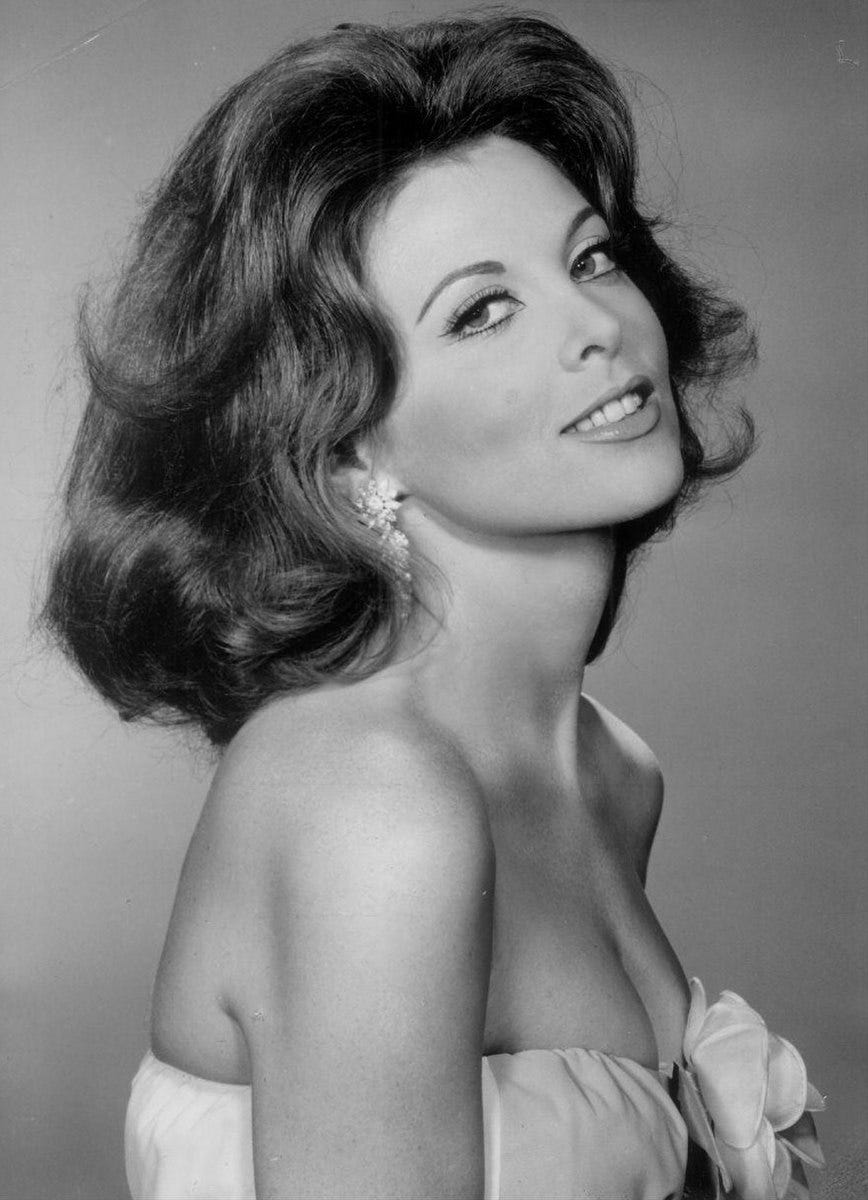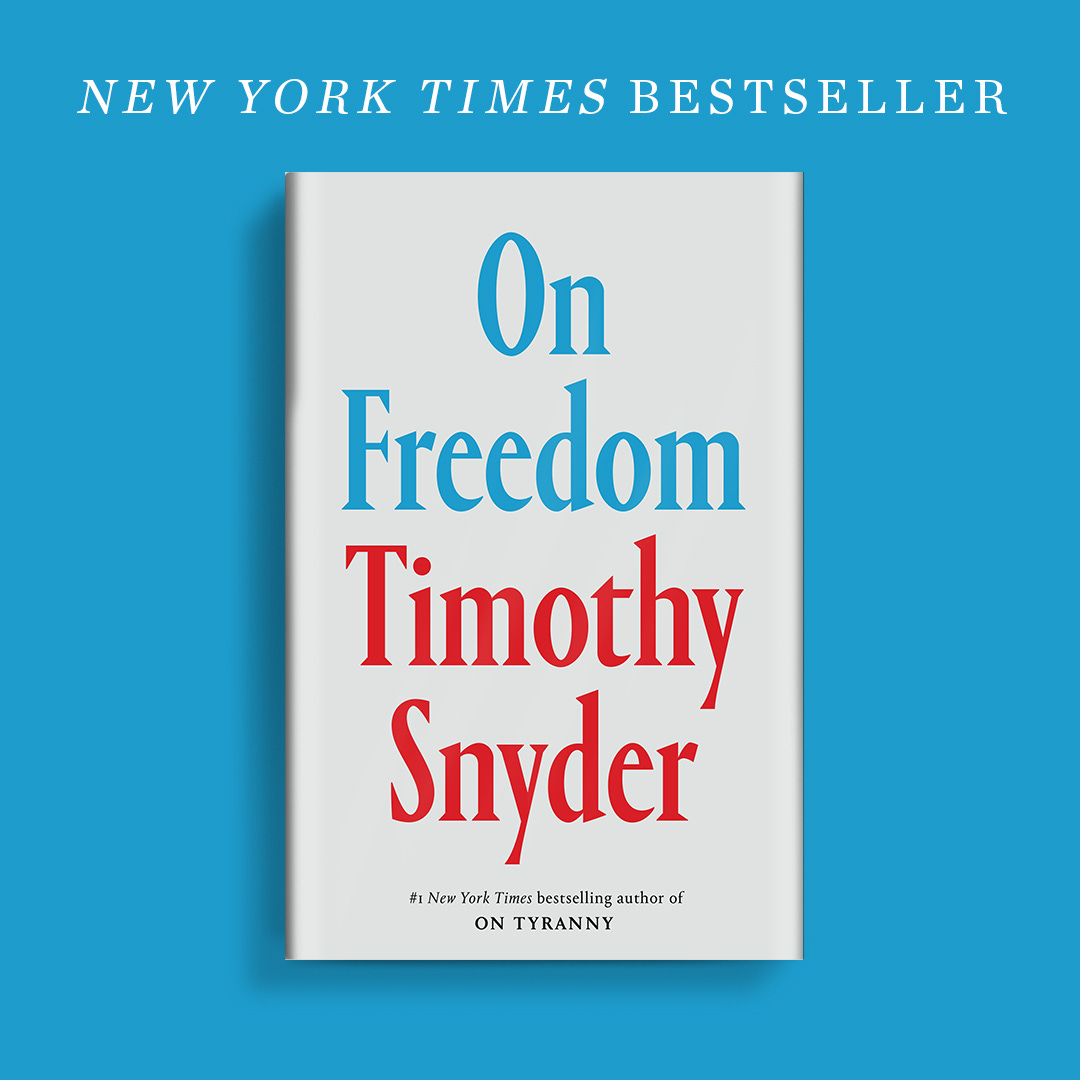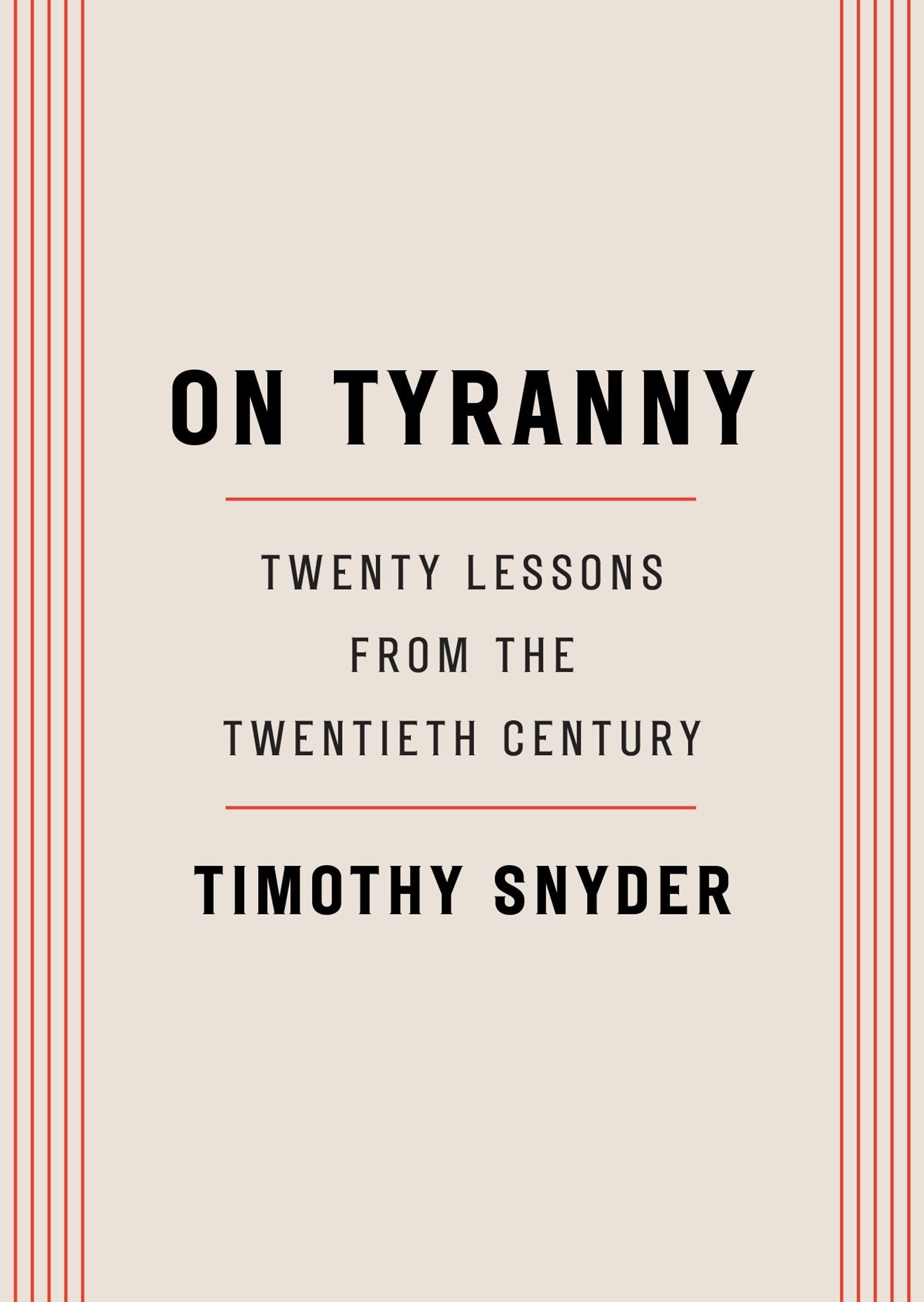Oligarchs' Island
A Sitcom Pitch in a Tragic Moment
Oligarchy is an island. Aristotle knew that oligarchs from various countries will have more in common with one another than they will with their own people. This is all too true of Trump and the oligarchs he brings to power in America.
The White House will become an island of international oligarchs. It will be an island in the sense of distance and obscurity: we will have a hard time seeing what the billionaires are doing there. But it is also an island in the sense of isolation: the oligarchs will be stuck there with one another.
So how to think about the island? Well, these are serious matters, and the ancient Greeks have had their say. So let us add some contours to the island from a gentler source, American pop culture. Let us consider Oligarchs' Island on the basis of Gilligan's Island.
A proviso first. What is about to happen in our world is horrible. It is no exaggeration to say that the plans of oligarchs put millions of lives at risk right away. Yet no matter how dark the evil, there is always a corner for ridicule's little lantern.
It is evil that Putin believes that he should destroy Ukraine because it never existed, but it is also idiotic. It is evil that Musk wants to escape Earth and leave the rest of us behind, but it is also silly. It is evil that Trump and Musk repeat genocidal Russian propaganda, but it also humiliating.
The premise of Gilligan's Island, an American sitcom of the 1960s, was that seven people, out on a pleasure cruise, were shipwrecked and stranded by a storm on an unknown island. Although they had different backgrounds and personalities, they had to cooperate to survive. Their dream was to return home.
Naturally, on Oligarchs' Island the premise of Gilligan's Island would have to be adjusted. The castaways on Gilligan's Island were all American, whereas the powerful oligarchs are South African or Russian. Rather than try to find ways to return home, the oligarchs seek a Muscovian promised land of endless wealth, impunity, and immortality. Our oligarchs are stuck with one another, as were the good people of Gilligan's Island, but they cannot be expected to cooperate. Oligarchies are unstable; members disappear.
Seven people were stranded on Gilligan's Island: to cite the lyrics of the theme song, these were "Gilligan, the Skipper too, the millionaire, and his wife, the movie star, the professor and Mary Ann."
It is not hard to find their Doppelgänger on Oligarchs' Island.
Gilligan is obviously Elon Musk, the South African Putinist oligarch. On one episode of Gilligan's Island, Russians encounter Gilligan. Their reaction: "he acts too stupid to be stupid" fits Musk perfectly. Gilligan is the central protagonist, the one who did the most to get the others to the Island, and the one with the most frantic dreams about the future. Like Gilligan, Musk bumbles with language and relationships and everything else, but has an undeniable centrality to the plot and to life on the island. He will antagonize everyone, but the cannot go on without him. Gilligan, of course, was a sympathetic figure; allowances must be made in Oligarch's Island for the fact that Musk is the single person doing the most to bring our species to extinction.
The Skipper is David Sachs, the South African Putinist venture capitalist. On Gilligan's Island, the Skipper stands for order. If anything gets out of line, the Skipper is there to help. Sachs is, of all of our characters the most devoted proponent of the Russian dream. He repeats Russian propaganda with a relentless exactitude. Indeed, he seems to take great care never to communicate any view about Russia or Ukraine which has not previously been published by Russian state media. If anyone on Oligarchs’ Island diverges from the Putinist line, they can expect humorless discipline from Sachs.
The millionaire, Thurston Howell, is Peter Thiel, the American investor with New Zealand citizenship, born in Germany and raised in South Africa. On the show, Howell has taken millions of dollars in cash with him on what was supposed to be an afternoon cruise. Thiel has a similar notion of 'taking it with him' -- he will be wealthy forever because he will be immortal. Just as Thurston Howell was disturbed by Gilligan's frantic activity, Thiel can be displeased with Musk. Whereas Howell was at worst selfish, Thiel has philosophical ideas about the necessity of conflict. Howell refuses to work; Thiel activates others to do destructive one another.
The millionaire's wife, Lovey Howell, is JD Vance. Lovey is a subordinate character to Thurston on Gilligan's Island, just as Vance is Thiel's client. Thiel brought Vance to capitalist wealth and financed his run for the Senate. Both Lovey and JD had fancy east-coast educations, and both dissimulate about their pasts. Although both are wealthy and powerful, each sees prospects for becoming more so. Both Lovey and JD are vain about appearance and correspondingly bold in their cosmetic choices.
The redheaded movie star, Ginger Grant, is Donald Trump. Aside from the similarity in hue, these two characters share character and career. Both are vain entertainers. And to keep the shows going, both have to be trotted up in front of the camera. Both are sensitive to the appearance that they might not matter that much to the overall plot. Like Ginger, Trump knows some rich people, and name drops, but is not rich himself. On Oligarchs’ Island, this is a major vulnerability.
The Professor is Vladimir Putin, Russian dictator and in all likelihood the world's wealthiest man. Whenever the people stranded on Gilligan's Island have a problem, they turn to the Professor for some invention that will rescue them. Ginger in particular seeks his guidance. The Professor has a dark secret: he is not as competent as the others think. Were he so, he would have repaired the boat that brought the castaways to the island. Putin also has secrets. He knows that, even as he imposes his will on the others, he is subordinate to China. He knows that the war he started in Ukraine is not only an atrocity but a disaster. He knows that the Russia of its own propaganda does not exist, that the oligarchs' dream is a nightmare. He also knows that today's oligarchs are tomorrow's victims.
Mary Ann, the humble farm girl from Kansas, is Usha Vance. Mary Ann is the forgotten character on Gilligan's Island, the one who is perhaps more than she seems. She knows how to remain in the background, but in fact has skills that the men around her lack. While maintaining an unassuming and unthreatening appearance, she develops plans and cultivates allies.
This genre, the 1960s sitcom plot modified to fit a 2020s war-criminal-billionaire-fascist oligarchy might just have some analytical and predictive value. Consider for example what happened last week as the pilot episode of Oligarch's Island. If you were thinking about the war in Ukraine in terms of US interests or any other rational consideration, you would have a hard time processing Trump's farcical engagement. But if you imagine it as the pilot episode of Oligarchs' Island, everything makes sense:
Ginger (Trump) has just won an election, thanks to her own charisma and the efforts of Gilligan (Musk) and the Professor (Putin). Ginger had promised to profile herself by making peace between Russia and Ukraine right after the election, "within twenty-four hours." Behind her back, the oligarchs laugh at this. They allow her to push forward as the nominal heroine the story. Ginger (Trump) wants to talk to the Professor (Putin) to get instructions personally, but he ignores her. Instead, his state television back in Russia airs a series of naked photographs of Ginger. While Ginger (Trump) makes a phone call to the Ukrainian president, zany Gilligan (Musk) grabs the phone and steals the show. Looking on, the Skipper (Sachs) writes stern tweets about staying on Russian message.
All of that just happened, just about. I only had to alter one detail. Since in the Oligarchs' Island story Trump/Ginger is female, I had to conflate him with his real-world wife Melania, nude pictures of whom were in fact aired prominently on Russian state television in an obvious bid to humiliate Trump.
I suspect that in the weeks, months, and years to come, thinking of an Oligarchs' Island sitcom episode will accurately predict what these people will do. Consider what is happening right now as episode 1 of season 1:
Ginger (Trump) has the idea that she should make her own decisions about the members of her cabinet (cue recorded laughter). Some Americans not involved in Russian networks such as Mike Pompeo and Nikki Haley share the belief (cue recorded laughter) that they might join Ginger's cabinet (more cued laughter here, obvious misunderstanding of the Putinist logic of Oligarchs' Island). Those two Americans maintain that Russia was wrong to invade Ukraine, and so are predictably rejected by the Russian-South African oligarchy. The Skipper (Sachs) is on the case with a stern tweet: Ginger's appointments must be pro-Russian. Ginger follows with her own submissive tweet, discarding Pompeo and Haley. Ginger hopes to at least get her instructions directly from the Professor (Putin). Ginger claims that she was able to call the Professor (cue laughter). The Professor denies the call took place (cue more laughter). Ginger says she asked the Professor not to escalate in Ukraine. The next day Ukraine suffered one of the biggest drone attacks of the war. Then the Russians blew up another dam in Ukraine.
Those things happened. The ridiculous and the criminal.
And events will will continue to develop along these lines. Here are some suggested plot lines for seasons 1-3 (that's as long as Gilligan's Island lasted, and this group is unlikely to last longer). These are not things that have not happened yet, but things that are likely to happen, within the plot logic of Oligarchs' Island.
The oligarchs conspire to get Ginger behind a "peace deal" for Ukraine that the Professor immediately breaks, to Ginger's humiliation. Ginger wants the Professor's approval, the more so as the humiliations accumulate. Ginger needs money, which everyone but her has, and has to perform for others to get it. Ginger is jealous that Gilligan is at the center of attention. The interests of Ginger and the billionaires diverge: she wants to be in the forefront forever, whereas they think that Lovey is a more durable client. Ginger, in her vanity, does not fully understand the threat. The mechanics of the coup are however too complicated for the oligarchs. A rivalry emerges among the Millionaire, Gilligan and the Skipper as to who actually owns Lovey. Mary Ann saves the day by coming through with an elegant plan for elevating Lovey, thus closing season three as a central figure. Ginger vanishes. Ironic closure, in possible spinoff episode: Ginger is actually sent to Rostov in the actual Russia. Though miserable, Ginger does get her own show.
Matters can be absurd and terrifying at the same time. It is very possible that imagining Trump as Ginger among other Oligarchs' Island characters will have more predictive value than the familiar vocabulary. We will be tempted to write about a Trump "administration" and will tend to normalize what is happening by treating it within familiar categories of elections and law and public opinion and so forth. That can be helpful in thinking of the kind of system we want, but not so much in understanding the clique we have brought on ourselves and that will now try to rule, to both comic and tragic effect. The familiar concepts cannot accommodate the central realities of where we are: of Musk talking to Trump about appointments on the patio, or Putin showing Trump's wife naked on tv. On Oligarch's Island, this is just everyday life.
On Oligarchs' Island much of politics will be factional, like in the old Soviet politburo, with momentary alliances forming and breaking, and individuals purged. If US foreign policy is to be anything other than a result of oligarchical preferences, this will have to be a result of the emergence of an "American faction" on Oligarchs' Island (not visible yet: one can imagine, hopefully, that Marco Rubio and Michael Waltz would represent American interests on Oligarchs’ Island, should they be allowed to visit). Trump would have to realize and want to change his current subordinate position, and bring someone else along with him. Trump could easily overpower Putin on Ukraine, but to do so he would have to break the current logic and pecking order of the oligarchy, and think for himself rather than repeating the Russian-South African line.
In other words, Ginger would have to break the spell of the Professor and assert herself against Gilligan and the Skipper. Too much of a stretch for Ginger's character? Quite likely.
Oligarchies are unstable. They have flaws and weaknesses and can crumble quickly. They have given way to democracies. But we have to see them for what they are. We need to see the oligarchs not only as selfish and unpatriotic but as ridiculous. But the same things that make them ridiculous -- the utter self-absorption, the nattering cliques, the pointless struggle for unreal things -- make them lethal to the rest of us. They have entertained their way to power, and it is a new kind of power: an international oligarchy inside the American capital. If they can entertain their way to power, perhaps we can at least entertain ourselves toward clarity. Comedy might help us to see the tragedy. And we should think in other genres, too -- next time I will try a little mathematics.
if we want to anticipate what will happen in 2025, if will be more useful to think of oligarchs on an island, starting in apparent unity, dreaming an impossible Russian dream, wreaking bloody havoc, and then coming apart.






My family is originally from Eastern Europe. We have always used humor to cope with everything from the absurd to the frightening. So this article is medicine for my Slavic-American soul.
Dear Dr. Snyder. My favorite lecture that you have shared is your homage to paganism within the ancient age. Amazons, different societal architecture, Vikings, etc. - I listen to this lecture periodically to gain a "feel good" moment.
However, I think you may have topped yourself with this piece. I am in awe of your imagination and sense of humor. I always felt that "Gilligan" represented the pure idiocy of American entertainment, which is a high mantle, edging out "The Beverly Hillbillies, "Green Acres", and other shows too numerous to mention.
What I perceive from your message is, sometimes when events are at their most desperate, with future prospects looking most bleak, our only alternative is to turn to humor. Humor is derived from "humus", the bottom level of soil, which is in reality decay of plants, leaves, and other organic materials. Frankly, you can't get much lower than humus, which I fear many of us our feeling currently.
However, take heart. The world, and events, have a tendency to turn on a dime. The chaos and destruction win if we succumb. Be courageous, strong, and fearless. The struggle is the downpayment for lasting success.